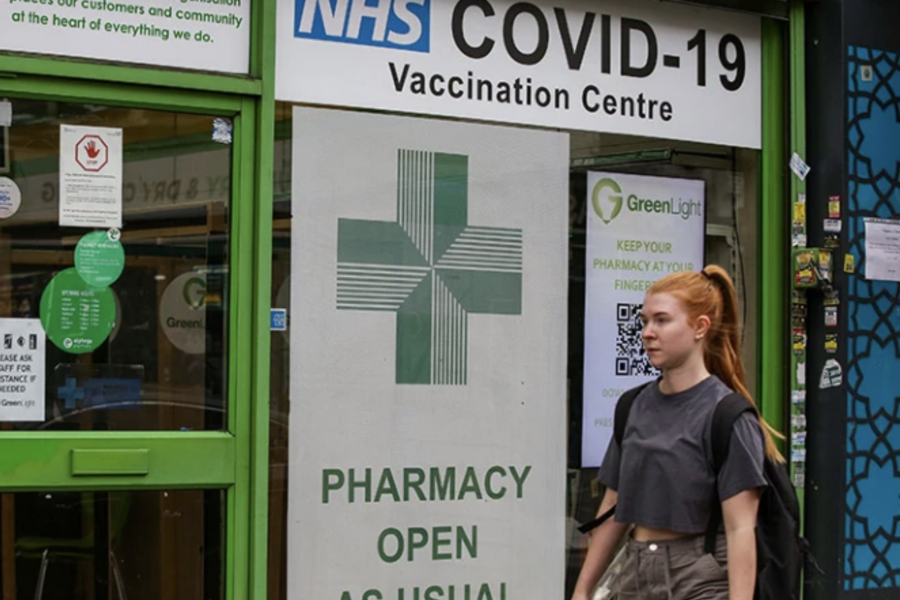Nature Many countries heading into autumn are targeting high-risk people for vaccinations, leaving lower-risk people uncertain about the right choice.
Across the Northern Hemisphere, public-health officials are rushing to roll out autumn COVID-19 vaccination campaigns to guard against a fresh batch of SARS-CoV-2 variants. In England, officials moved the start date for administering an updated booster to Monday — roughly a month earlier than planned. The US Centers for Disease Control and Prevention (CDC) on Tuesday recommended newly formulated boosters to all people above the age of six months.
But many nations are recommending the top-up jabs only for those at elevated risk of hospitalization or death, such as people aged 60 and above. Where does that leave the millions of people who fall outside those high-risk groups?
Scientists say that younger people who are healthy and already vaccinated will still have some protection against severe disease if they sit out the new round of jabs. But researchers also say that even for individuals outside the high-risk groups, another booster will reduce the risk of a new SARS-CoV-2 infection — although fleetingly — and offers additional advantages as well.
“Anyone who takes it will benefit,” says immunologist Rafi Ahmed at Emory University in Atlanta, Georgia.
Booster bonanza
Some nations have repeatedly offered booster doses in the past few years. In the United States, for example, boosters have been rolled out at least twice for low-risk individuals and four times for high-risk people since 2021.
But the booster calculus has changed, because so many people have been exposed to SARS-CoV-2 one way or another. In England, for example, more than three-quarters of the population had been vaccinated, infected or both by mid-February. In Beijing, more than 90% of people had been infected by the end of January1.
Now many countries no longer have a boosters-for-all policy (see ‘Another autumn, another COVID booster’). Health officials in the United Kingdom announced in August that autumn boosters would be offered only to the most vulnerable individuals, such as adults aged 65 and over and health care workers. France does not recommend an autumn booster for people outside vulnerable groups. Germany is not mounting an autumn booster campaign at all, although it does advise an annual booster for people in high-risk groups.
Among the outliers is the United States. On Tuesday, independent scientists who provide advice to the CDC voted 13 to 1 to recommend universal access to the updated vaccine.
Benefits from the updated booster “are anticipated in all age groups,” said CDC epidemiologist Megan Wallace before the vote. Models predict that more hospitalizations and deaths are avoided when universal access is provided than if the booster were recommended only to people aged 65 years and older, she said.
